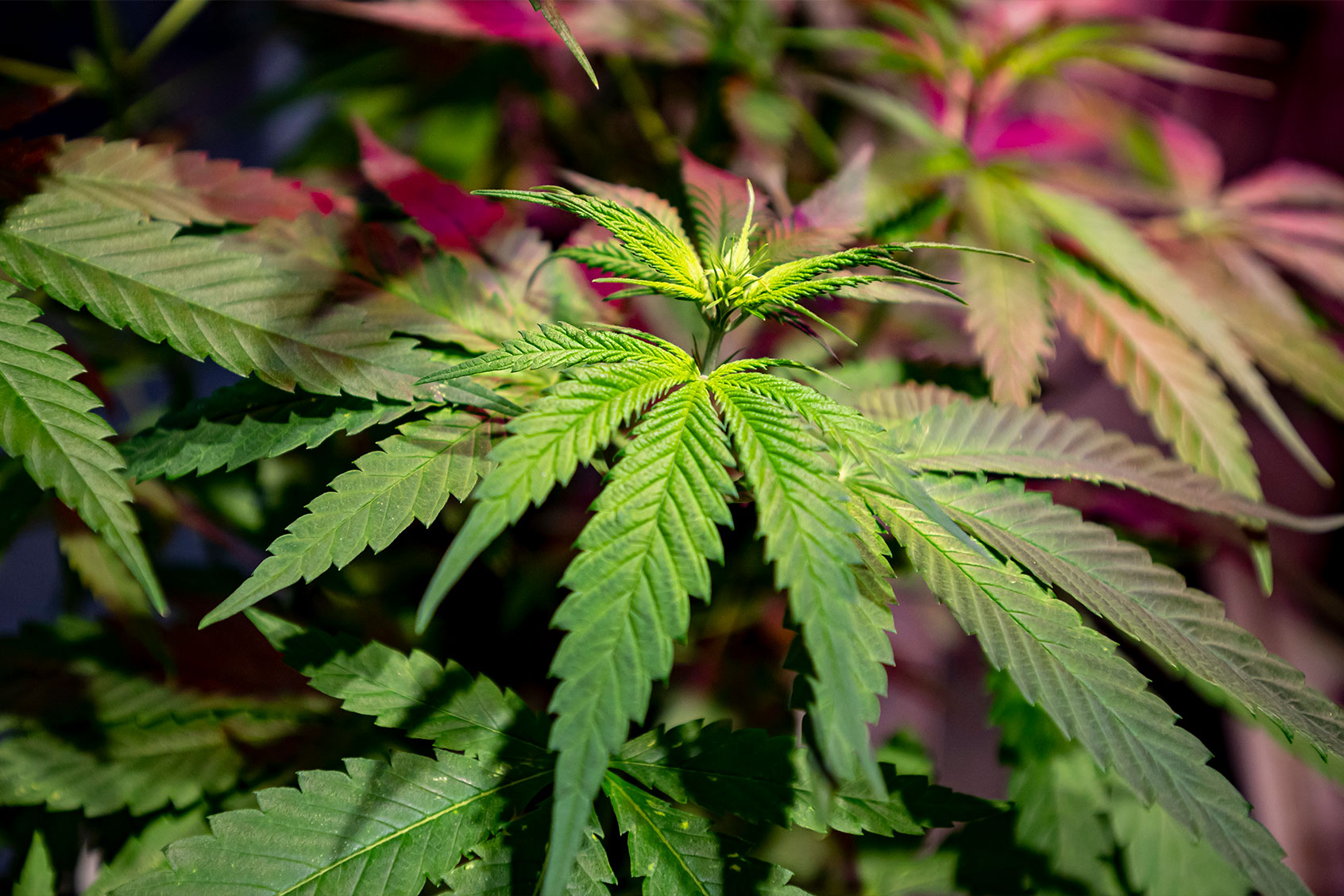Hemp, an engine for innovation and economic advancement, faces significant threats. We stand at a pivotal moment for a new and burgeoning American industry based on producing, manufacturing and selling hemp products. Neglecting to underpin it with laws and regulations that maximize hemp’s potential could yield devastating consequences for farmers, small businesses and consumers.
You might not be attuned to the current onslaught levied against American hemp farmers and small businesses. Detractors of hemp-based products, which range from gummies and topical creams to seltzers and tinctures, argue that these goods have leveraged legal “loopholes” and that they are unregulated. The loudest anti-hemp voices come from companies and organizations whose products directly compete with hemp.
By falsely portraying the hemp industry as one that is unregulated and founded on an alleged loophole, they strive to remove hemp products from the market to boost their own profits. Lawmakers have a responsibility to rebuff such pressures, fostering instead a vigorous hemp market, one created through the diligence of farmers, the ingenuity of small businesses and the endorsement of countless consumers who have experienced and seek out hemp’s benefits.
Hemp is a model of adaptability. Its fibers contribute to the development of environmentally-friendly homes and energy-efficient batteries. Given its soil remediation attributes, hemp was grown in the aftermath of the Chernobyl nuclear disaster and several other environmental catastrophes globally. Since 1606, colonial farmers in what is now the eastern US were required by law to cultivate it. Of particular note, hemp contains compounds called cannabinoids, renowned for their health benefits. Its documented medicinal use stretches across millennia and various cultures, with hemp appearing in the US Pharmacopoeia as early as 1850.
Hemp should rank among our most valuable national resources.
Given its broad adaptability, critical utility, and deep history, hemp should rank among our most valuable national resources. It would seem natural and important for lawmakers to focus on safeguarding hemp, the farmers who nurture it and the businesses that transform it into marketable products. Yet, the reality is disheartening. Many lawmakers remain uninformed about hemp’s history, utility and the rapidly growing market it has fostered.
This gap in understanding leaves lawmakers susceptible to influential lobbying efforts by groups that perceive hemp as an economic rival. These groups have incited some state legislatures to pass laws that ban or restrict access to hemp products. Although the federal Farm Bill currently safeguards hemp’s legal status at the national level, its imminent expiration this Fall creates substantial uncertainty. These same groups are pressing federal lawmakers to enact laws that could thwart the burgeoning hemp economy throughout the country. The next Farm Bill must ensure the continued availability and expansion of hemp and its diverse markets.
Want more health and science stories in your inbox? Subscribe to Salon’s weekly newsletter The Vulgar Scientist.
Although the federal Farm Bill currently safeguards hemp’s legal status at the national level, its imminent expiration this Fall creates substantial uncertainty.
The hemp-centric wellness and consumer packaged goods (CPG) sector stands as one of hemp’s most dynamic markets. It is currently experiencing a rapid expansion. Hemp products, including edible, topical and inhalable goods, enjoy widespread availability and popularity across the nation. Just like the broader CPG category, hemp-derived products should adhere to responsible manufacturing standards, with brands held accountable for safety and quality.
At present, industry participants must maneuver through a maze of inconsistent state regulations and virtually non-existent FDA policy. Their businesses are further complicated by lobbying campaigns that spread misinformation about hemp and its regulation. In reality, the CPG sector can comfortably accommodate all players, including the hemp industry.
Lawmakers should reject fragmented, prohibition-based approaches to hemp and hemp-derived products, opting instead to support both hemp farmers and end-markets. This support can be demonstrated by maintaining hemp’s current legal definition and by mandating good manufacturing practices, comprehensive quality regulations, age restrictions and brand accountability to ensure the production of safe, top-notch hemp-derived goods.
Ignoring the value of the hemp market could lead to severe repercussions. Numerous farmers and small businesses that have invested their resources into the hemp industry would face layoffs, business loss, and even bankruptcy. The economic shockwave would ripple through local communities.
Ignoring the value of the hemp market could lead to severe repercussions.
Consumers would also suffer, losing access to a wide array of hemp products that boost their health and well-being. Overlooking hemp’s significance to the US economy and letting it be wiped out by legislation backed by anti-competitive interests contradicts the very principles that America values most, including hard work, ingenuity, innovation, progress, freedom of expression and a competitive market open to all.
Hemp and hemp products are springboards for innovation and economic growth, not legal loopholes. Hemp harbors the potential to revolutionize diverse industries while offering sustainable solutions to environmental issues. Therefore, it is crucial to safeguard the rights of hemp farmers and small businesses by enabling them to continue their vital societal contributions. Equally important is upholding consumers’ right to choose among a variety of products that enhance their lives.
We need your help to stay independent
The next Farm Bill must reaffirm hemp’s legal status and embrace the thriving markets it supports. Lawmakers should recognize hemp’s extensive potential and aim to nurture a future where innovation and opportunity prosper. By championing hemp and its manifold applications, we can stimulate job creation, spur economic growth and foster sustainable practices that advantage our communities and the planet alike.
It is time that we recognize hemp’s comprehensive potential and empower farmers, entrepreneurs and consumers to produce, distribute and use safe, high-quality products. Through hemp, we have the power to construct a healthier, more sustainable future.

